At HowTheLightGetsIn Online 2020 Philip Goff, Bernardo Kastrup and Sophie Grace Chappell debated the fundamental nature of reality. In his recent IAI news article, Philip defends panpsychism against the criticisms outlined in that discussion, and presents his own arguments against analytic idealism. Here, Bernardo responds.
Even in the preliminaries of Philip’s essay there appears to be a contradiction. He claims, whereas “panpsychists think that the physical world is fundamental, idealists think that there is a more fundamental reality underlying the physical world.” Fair enough. But then he immediately adds: “[panpsychists] believe that fundamental physical properties are forms of consciousness” (emphasis added).
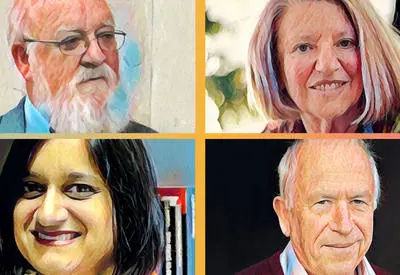 SUGGESTED READING
Leading philosophers at HowTheLightGetsIn Global
By
If physical properties are forms of consciousness, they are reducible to consciousness and aren’t fundamental. What does Philip mean, then, when he claims that the physical world is fundamental?
SUGGESTED READING
Leading philosophers at HowTheLightGetsIn Global
By
If physical properties are forms of consciousness, they are reducible to consciousness and aren’t fundamental. What does Philip mean, then, when he claims that the physical world is fundamental?
Philip cites an earlier essay to make sense of this seeming contradiction. But in that essay we find his claim repeated:
"If physics doesn’t tell us what fields and particles are, then this opens up the possibility that they might be forms of consciousness. This approach, known as panpsychism, allows us to hold that both physical matter and consciousness are fundamental. This is because, according to panpsychism, particles and fields simply are forms of consciousness. (emphasis added)"
In what sense are particles and fields physically fundamental if they are forms of consciousness? How is this not an idealist view, according to Philip’s own definition? If matter is what consciousness does, then matter isn’t fundamental, only consciousness is; Matter doesn’t have standalone existence, but is merely a behavior; a behavior of consciousness.
If physical properties are forms of consciousness, they are reducible to consciousness and aren’t fundamental.
The only point where Philip seems to depart from idealism is his insistence that the inner structure of subjectivity is the inner structure of physical entities. In other words, according to Philip, the building blocks of physical entities are also the building blocks of subjectivity: our ordinary human consciousness is somehow constituted by a combination of the putative subjectivities of the myriad elementary particles making up our nervous system.
 SUGGESTED READING
Leading philosophers at HowTheLightGetsIn Global
By
But this, too, is a point where Philip seems to contradict himself. According to him, panpsychism “offers us a way to combine what we know about ourselves from the inside and what science tells us about our bodies and brains from the outside” (emphasis added).
SUGGESTED READING
Leading philosophers at HowTheLightGetsIn Global
By
But this, too, is a point where Philip seems to contradict himself. According to him, panpsychism “offers us a way to combine what we know about ourselves from the inside and what science tells us about our bodies and brains from the outside” (emphasis added).
What do we know about ourselves from the inside? It is that we are conscious as a whole. There is something it feels like to be Bernardo Kastrup, but nothing—as far as I know about myself from the inside—it feels like to be a single neuron in Bernardo’s brain, let alone a single electron. If what Philip wants is to honor what we know about ourselves from the inside, he may have to abandon constitutive panpsychism.
Be that as it may, Philip is legitimately interested in combining introspective first-person insight and objective scientific observations. For him, failure to achieve this combination is grounds for rejecting mainstream physicalism and dualism. He assumes then that panpsychism is all that is left.
But if we are to conclude anything from a process of elimination, we must not forget a few other alternatives. Before looking for ways to accommodate incoherencies in panpsychism, we should at least consider analytic idealism, the very metaphysics Philip is criticizing. Presumably, however, he thinks the latter contradicts “what science tells us about ourselves from the outside.”







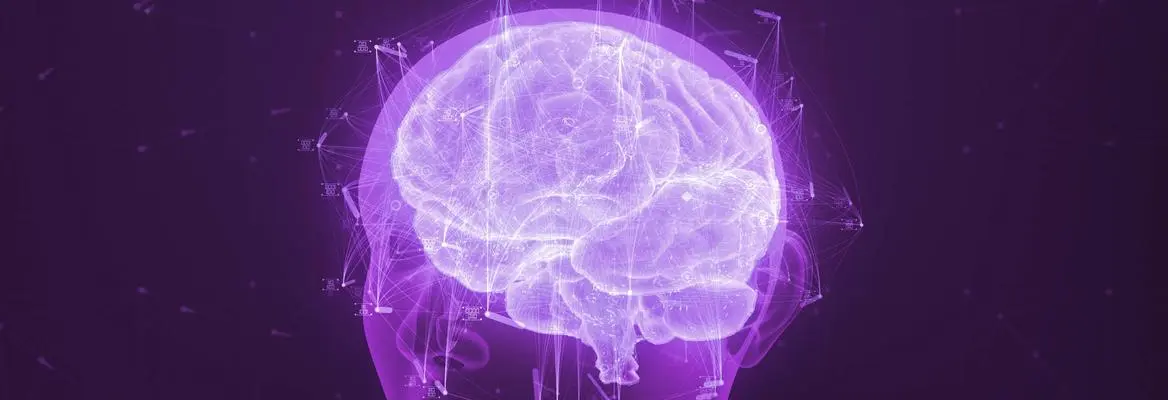



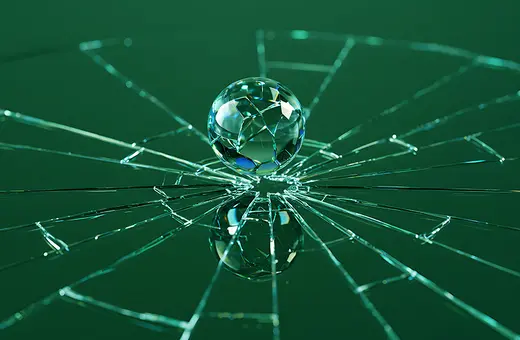






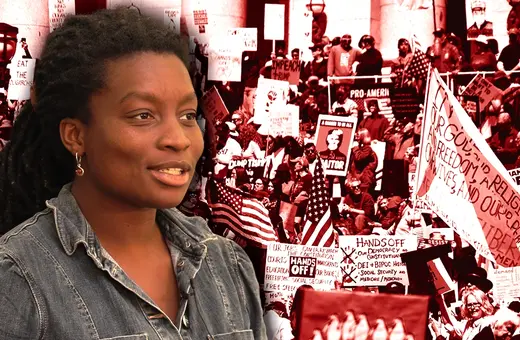

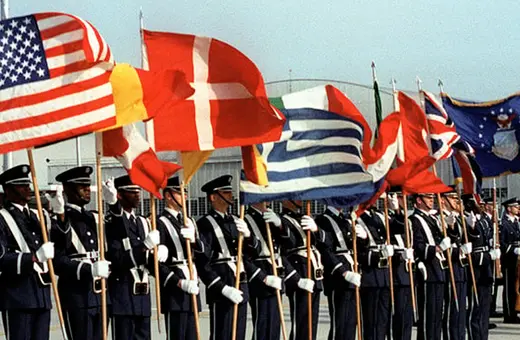
Join the conversation